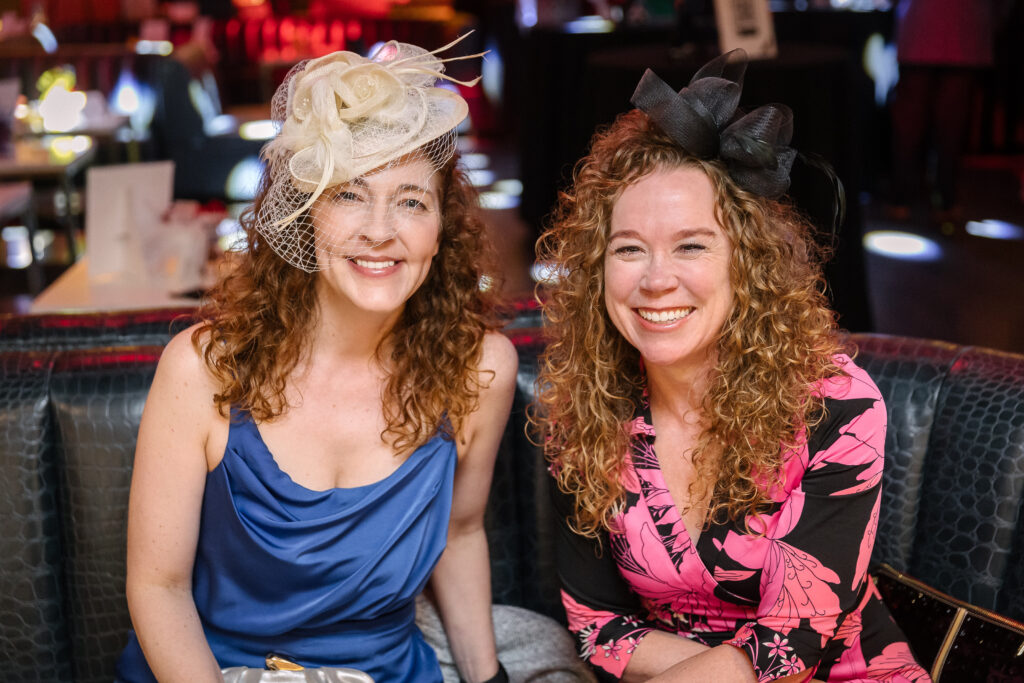PARENTS AS RARE - EPISODE 055
Dr. Stephanie Mihalas - Find Your Balance, Find Your Center
Dr. Stephanie Mihalas is a licensed psychologist, nationally certified school psychologist and a mental health and chronic illness advocate. She's also a rare disease mom and she has a lot of valuable insight to share with parents.
EPISODE HIGHLIGHTS
Can you introduce yourself and tell us where your rare disease journey began?
I'm a psychologist and mental health and chronic advocate in Los Angeles, California. I'm also a wife and parent to a daughter in kindergarten. I've had chronic illness since I was 16 years old, but my rare disease journey began about a year after having my daughter.
How do you navigate rare disease with your husband and daughter?
With my training as a child psychologist, this weighs on me a lot. I know the things that create a space for a developing child and I feel like I'm failing or can't give my daughter the perfect space. We try to have transparency to the best of our ability that is appropriate for her. She knows I have an illness, she she's my injections, sees my medications and she knows what's going on. We have appropriate discussions so that when things change, I'm able to reference it so she doesn't internalize that she has done something wrong, as kids often do at her age, and help her to deal with frustration, sadness and feelings in an open way.
How can you talk to kids in a developmentally appropriate way about rare disease or chronic illness?
It's important to have a continuing dialogue, even as kids get older, and never to take for granted that a child through different stages needs conversations around the illness or disease. Children, teens and young adults carry an immense weight when a parent has a chronic illness or rare disease and it's important for a parent to take responsibility and check in with them periodically. With younger kids, language can be difficult, so incorporating movement during a conversation can be helpful. You can throw a ball, take a walk or do art. If a child doesn't want to talk, don't push it. Also make available someone for a child to talk to that isn't you, like a therapist, another family member or clergy.
CONNECT WITH STEPHANIE
The Center for Well Being — https://askdrstephanie.com/
Twitter @askdrstephanie — https://twitter.com/askdrstephanie











